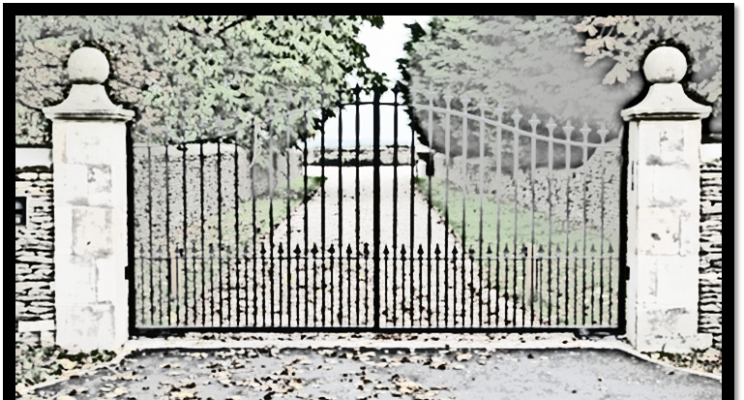
Several years ago, I interviewed for a contract role for an organization looking to improve engagement. I had heard that the organization was in real need of a solution. I was interviewed by employees who would be peers. I talked to them about my results, my expertise in employee engagement, and what I had accomplished for the organizations I had worked for and consulted with.
As I proceeded through the interview, I could detect their discomfort. The final question after communicating my portfolio was if I had "designed and formatted the documents myself" because that's what a person in this role would be required to do.
Needless to say, I wasn't hired for the role, and later found out they brought in a communication generalist at an intermediate level with no employee communication or engagement experience or expertise to manage the role. Today, I've heard that the needle on engagement has not moved, but they have someone who can design and format documents ; ).
I reflect on this because of what that interaction taught me. That as a consultant and sometimes contractor, who truly can make a difference using culture, internal communication, and engagement solutions to help organizations manage change and deliver results; my first point of contact had to be with the leaders who wanted action and were often disappointed with how their internal teams were delivering communication solutions. This hurts me.
I had visions of working alongside Internal Communication professionals to help them up their game. After all, haven't they been complaining about not getting a seat at the coveted table? Didn't they want to earn the respect they craved? Weren't they wanting to move from tactical implementers, who were undervalued, to communication strategist who partnered with the business to deliver solutions?
Today I am working with several organizations with access directly to senior leaders - CEOs, heads of HR, IT, Corporate Communication, to help them make a real difference in their organizations. With many of the organizations, I am absolutely embraced by some progressive Communication practitioners who want to roll up their sleeves and make an impact, but along the way, I also see those Internal Communication professionals stuck in their way, afraid of change, skeptical of new processes, tools, and technology.
I'm lucky that I'm at a point in my business when I get to choose the individuals and organizations that will benefit from my services and expertise. The biggest impact is when an organization and leader realizes that there is a problem and is open to solutions. The results have been powerful.
But I have to admit that the resistance makes me a little melancholy. I dream, along with many of my esteemed Internal Communication colleagues, of value connected to our special piece of the communication profession. We are at a tipping point of leaders starting to understand that Internal Communication is integral to success; but as long as tactical communicators continue to deliver the status quo and resist change, they will look elsewhere to find a solution. I urge you to be part of the solution and lead the change before you are simply ignored or worse, cast aside during a reorganization that puts your services in the category of not necessary for success.
If you found this post helpful, you’ll also enjoy our newsletter. It’s a monthly collection of ideas, resources, and inspiration for those passionate about enabling, engaging and empowering employees through strategic internal communication.